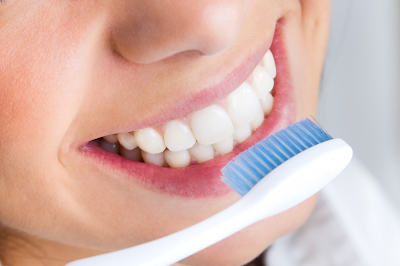Do Dental Bridges Last Longer Than Other Options?
Bridgework, also known as dental bridges, are what most dentists recommend for replacing missing teeth. They can be attached to either your natural teeth or false teeth and can provide a solution to even severe tooth loss.
However, what makes them so highly recommended and different from other restorative work? Not only do they look like a real tooth, but function like one as well, working with neighbouring teeth for optimal chewing and biting.
What Factors Affect the Lifespan of a Dental Bridge?
Many variables affect the lifespan of a dental bridge, including the material it is made of. Dental bridges aren’t a straightforward procedure, and different materials are often used for different purposes. Different materials last different periods of time depending on the patients dental condition and other medical factors including prior surgery. This must be considered when getting a dental bridge to optimise its lifespan.
A dental bridge can be made out of metal alloys, porcelain, or a combination of both. The type of material used will determine how long it will last and how well it resists wear and tear. Porcelain is one of the most common materials for bridges because they resist wear and tear. However, because of their subtle appearance, they are more expensive than the likes of metal.
Surgery
If you have had prior surgery to repair a tooth or jaw bone, it can affect how long the bridges will last. The distraction of the jawbone can reduce the lifespan of your dental bridges, and more surgery may need to be conducted before getting a dental bridge, or another option may be more suitable.
Dentist Expertise
Make sure that you seek help from an accredited dental centre with experts in quality dental bridge services and practices. This will increase the chance of you ensuring a long-lasting dental bridge.
How to Maintain Your Dental Bridge for the Longest Life Possible
Dental bridges are a cost-effective alternative to implant dentures and partials. Patients must take care of their dental bridges as they would do with natural teeth.
For this, they should brush their teeth twice a day with toothpaste and floss daily.
It is important that patients also have regular dental visits so that the dentist can monitor the progress of the bridge and make any necessary adjustments or repairs needed. This will ensure that the dental bridge lasts for as long as possible, maximizing its durability and cost-effectiveness over time.
For more information about dental bridges get in touch with the team at Next Smile™ Woolongong. You can also visit the Next Smile™ website to learn more or to book an appointment.




Comments
Post a Comment